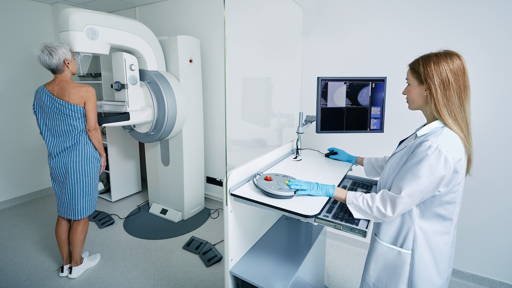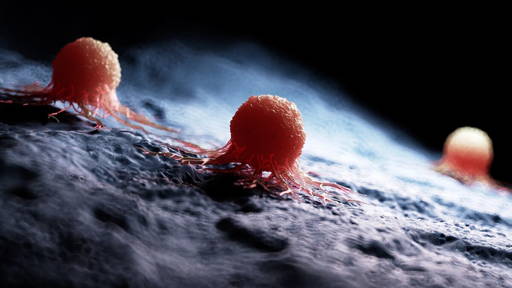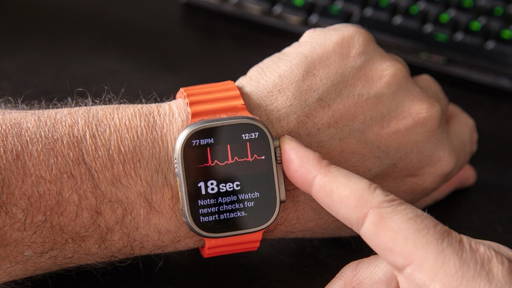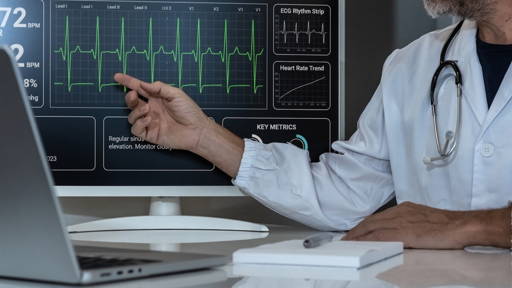An international research team from the Icahn School of Medicine at Mount Sinai has developed an advanced AI tool that could transform the analysis of cancer tissue. The new technology, called MARQO, is an innovative new image analysis platform that extracts spatial and cellular information from tumour tissue with high precision and scalability.
MARQO is designed to automate the analysis of immunohistochemical (IHC) and immunofluorescence (IF) images. This type of staining is widely used to visualise immune cells and biomarkers in tumours. Whereas pathologists traditionally assess small sections of specimens manually, MARQO processes entire slides in minutes, even on standard hardware. The system automatically detects cell types, marker intensities and their exact location in the tissue. Pathologists then validate the analysis, preserving human expertise.
Broad compatibility
A key advantage of MARQO is its broad compatibility with existing staining methods and image formats. This makes it easier to compare data between studies and increases reproducibility, a prerequisite for reliability in oncological research.
‘MARQO offers a solution to the increasing complexity of image analysis in cancer research. By automating the heavy lifting, we create space for interpretation and new insights,’ says Dr. Sacha Gnjatic, professor of immunology and immunotherapy and co-developer of MARQO. The results of the research have been published in Nature Biomedical Engineering.
Broader applicability
Although the tool has currently only been developed for research purposes, its compatibility with clinical staining techniques offers prospects for broader use in pathology laboratories. The team is working on further expanding the platform with spatial analysis functions and applications within large-scale datasets, such as national biobanks.
The researchers expect that MARQO will contribute to faster biomarker development, more accurate predictions of treatment outcomes and further personalisation of cancer care in the future. The platform thus underlines the increasing importance of AI in diagnostics and personalised treatment.
AI enhances pathology
For several years now, we have seen that the addition of AI-driven analysis tools can successfully assist pathologists in the analysis of tissue biopsies. This was also demonstrated by Wouter Bulten's (Radboudumc) PhD research in 2023. In collaboration with Geert Litjens, he analysed more than a thousand patient samples and demonstrated that AI algorithms perform better than the average pathologist. In combination with the doctor, as a digital second opinion, diagnoses also become more accurate and consistent.
This led to the international PANDA challenge, in which more than 1,000 participants developed AI systems for diagnostics using an open dataset of over 10,000 prostate biopsies. Within ten days, some algorithms were already performing at the level of pathologists. The top 15 were further evaluated, resulting in a blueprint for large-scale implementation of AI in pathology.







